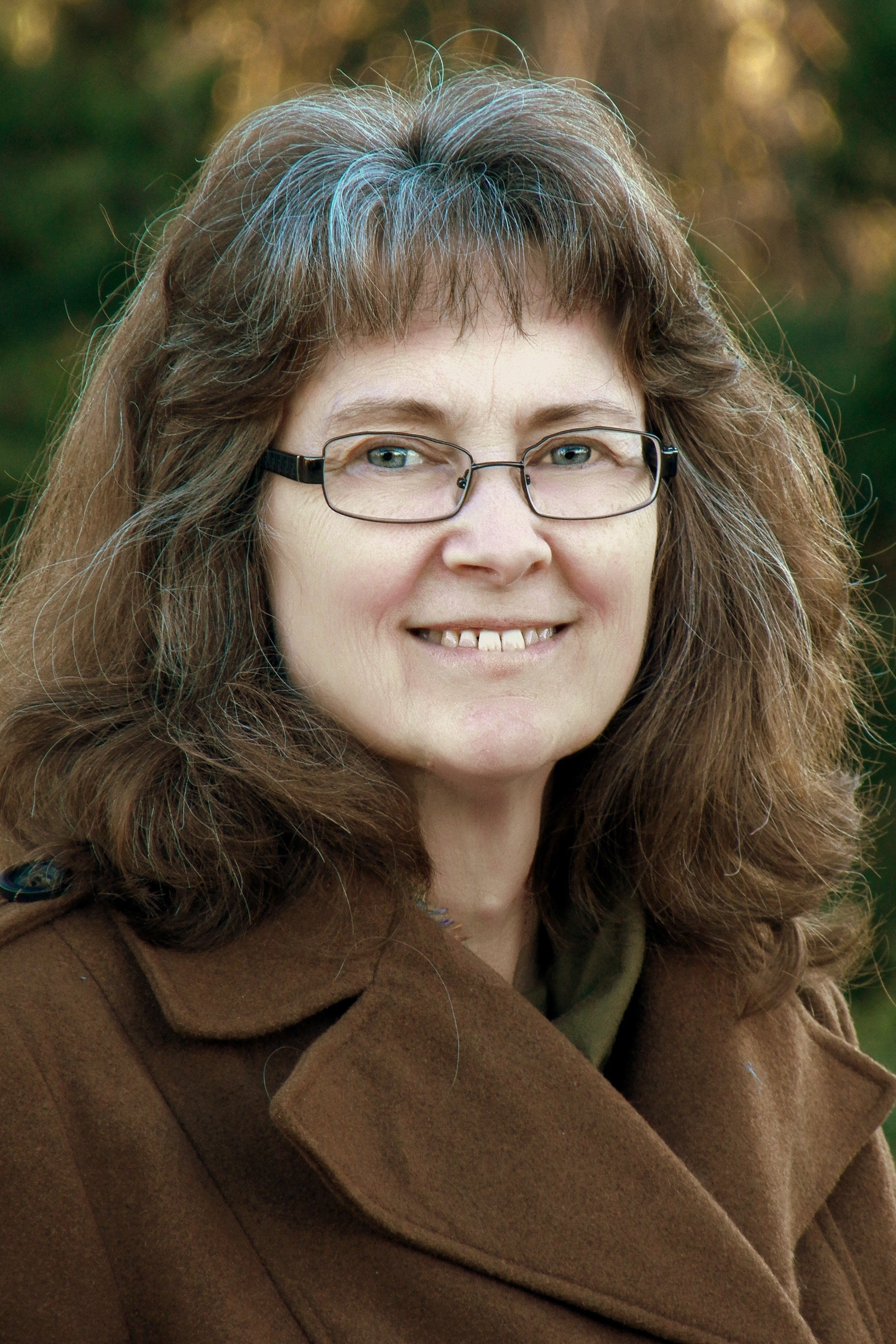
Debra Black reflects upon an amazing saint whose conversion came through the witness of her Catholic friends.
The saints give us wisdom, guidance, mentoring, teaching, and friendship. Yet sometimes at first glance this path of holiness seems unrealistic and unreal! The fight-or-flight instinct kicks in and we flee from the idea of being "like them." But if we resist running away, and give it just a bit of thought, two things emerge: the saints were imperfect like us and had to "get over themselves" just as we must; and our fear isn’t of them but, rather, of facing ourselves.
God has already created us with the steadfastness to dig in our heels, stay put, and let a saint choose to befriend us. One saint after another will reveal to us that their struggles are not much different than our own, and how God worked gloriously through it all. I experienced this some time ago as I enjoyed listening in on the St. Edith Stein discussion hosted by Endow Groups for Women.
Born in 1891, Edith was raised Jewish but lost her faith as a teen. Brilliant and passionate, she earned a doctorate by age 25. Intrigued by the strength of faith of her Catholic friends, both she and her sister eventually converted. They became Carmelite nuns who, because of their Jewish race, were hid from the Nazis in 1938. In 1942, the Nazis invaded the Netherlands and sent her to Auschwitz where she was executed by gas chamber. In those 53 years of life, Edith freely shared her intelligence, love of the arts, love of people, and love of God. Yet in her younger years, her empathy for other souls and love of beauty could be eclipsed without warning by an emotional plunge.
An intellectual and lover of fine arts, its fruits of joy and delight were more than a passing emotion. It seemed to bring her whole humanity into the experience in a manner that affected her at a deeper level. In contrast to this experience, modern culture today excites our passions, emotions, and bane desire for pleasure. These do not necessarily reflect beauty and goodness. It can even distract us from finding and enjoying beauty in the world around us. This was her experience in reading a novel portraying sin and vice that brought her down into a depression for weeks. Her remedy: an evening of Bach.
.jpg?width=1559&name=Edith_Stein-Student_at_Breslau_(1913-1914).jpg)
The desolation from reading that book led her to a loss of confidence in the good people with whom she associated and with whom she spent time enjoying God’s world around her. She felt “unbearably burdened.” Edith was empathetic and overly sensitive by nature to stories of the hardships, vices, and evils of the world. By her own account, she was an atheist in this period of her life. Although she was experiencing a natural desolation, we can estimate how it affects the spirit too. God permits such things as an opportunity for us to turn to Him. And He often lays out a path for our conversion that we would never expect.
The soul, mind, and body are a union, and it is with our whole humanity that we experience both the creation of God and God Himself. Because of this, the antidote to Edith’s depression was the beauty of culture (music) to which her soul and temperament were already disposed. Although in deep depression, Edith continued in her life responsibilities and, by attending the concert for which she had already purchased the ticket, she was brought out of this dark fog.
One might say that, if the Church teaches us to be in the world, but not of it, how can immersing ourselves in culture be a proper remedy? God’s gift of creation, and our use of it in the fine arts, reflects aspects of His beauty, truth, and goodness. It permits us to both sit in awe of His work while also honoring Him by enjoying His gifts. This contrasts to the more common reaction to desolation: engaging in works of man that bring forth emotions, anger, feeling of dominance and power, sexual drives, or cravings. These works do not reflect the transcendental qualities of God.
On a speculative note, a person of faith would usually turn first to Sacred Scripture, holy authors, or sacred music to relieve a spiritual desolation. St. Edith, an atheist who left her Jewish faith, likely didn’t seek help from God. However, fine arts and classical music in the western world were sponsored by the Catholic church and later Protestants as well. Much of it, then, is very Christian. Hence, the moment of release from this evil spirit for Stein was a line in Martin Luther’s hymn "A Mighty Fortress is our God" that spoke of perseverance in the world through all of its evils. Later in life she came to love sacred Gregorian chant. God’s ways are mysterious.
And yet, as much as we can relate to a saint’s trial, it might still seem easiest to stay in our old habits because we are comfortable with those. Grabbing chocolate and an R-rated movie numbs the pains of life. But where is the hope in that?
If we are not centered in God, we cannot achieve happiness and we end up destroying ourselves…at the personal level and also at the level of all humankind. The message of Fatima tells us that our friendship with God can transform the world. (St. John Paul II National Shrine, 13-May 2020 homily)
Our holiness really does matter, and God really is interested in the small stuff of our day for that very reason. You are already surrounded by saints wanting to walk this path with you. Take stock of your life, take heart in our God, and be the difference.

Copyright 2022 Debra Black
Images: Edith Stein, Public domain, via Wikimedia Commons
About the Author

Debra Black
Debra Black is a spiritual director, perpetual member of the Fellowship of Catholic Scholars, international educator, and businesswoman. Her public service roles have spanned city commissioner, pregnancy clinic board of directors, youth and college ministry, public citizen activism, and homeless street ministry. Her writings can be found at TheFaceOfGraceProject.com, including her latest books, The Life Confession: A Discovery of God’s Mercy and Love and Kick Butt: The Quick Guide to Spiritual Warfare.


.png?width=1806&height=731&name=CatholicMom_hcfm_logo1_pos_871c_2728c%20(002).png)
Comments